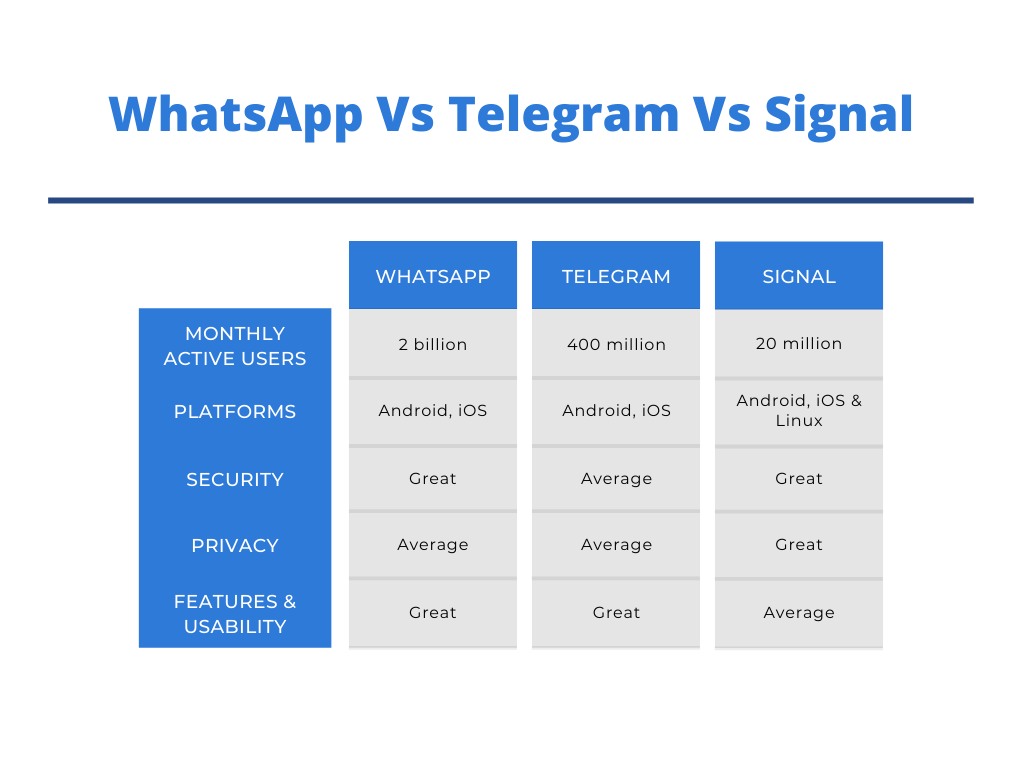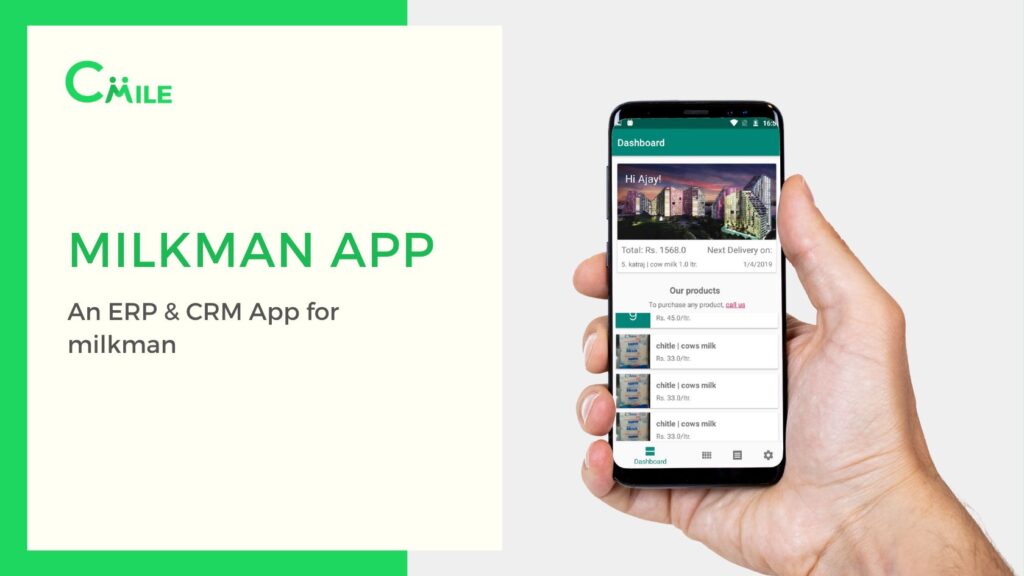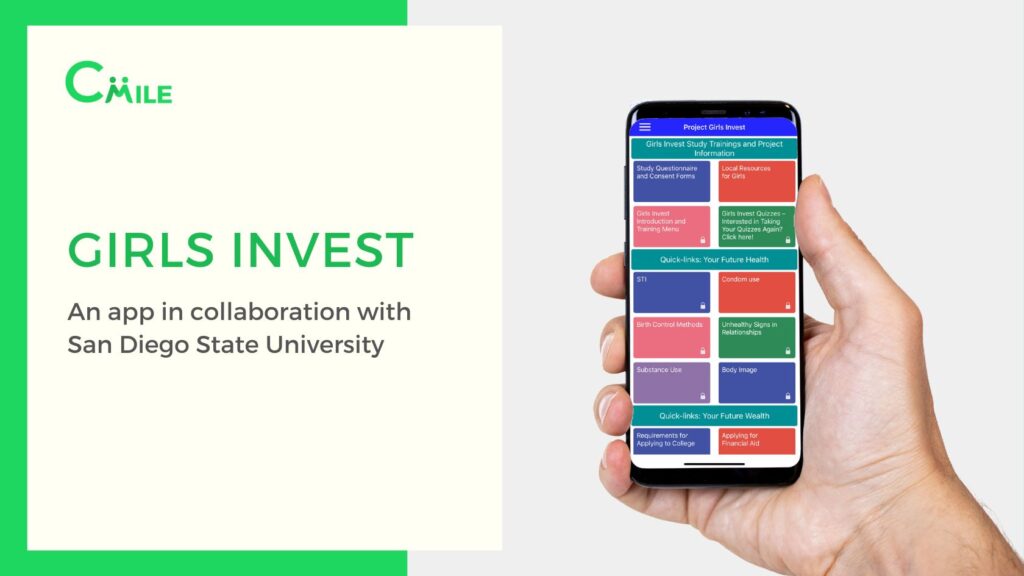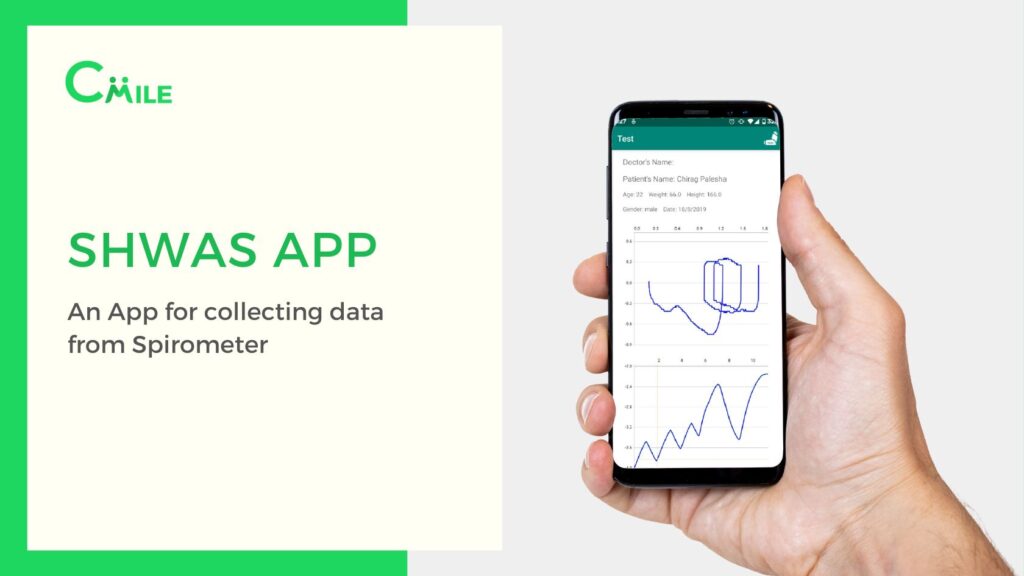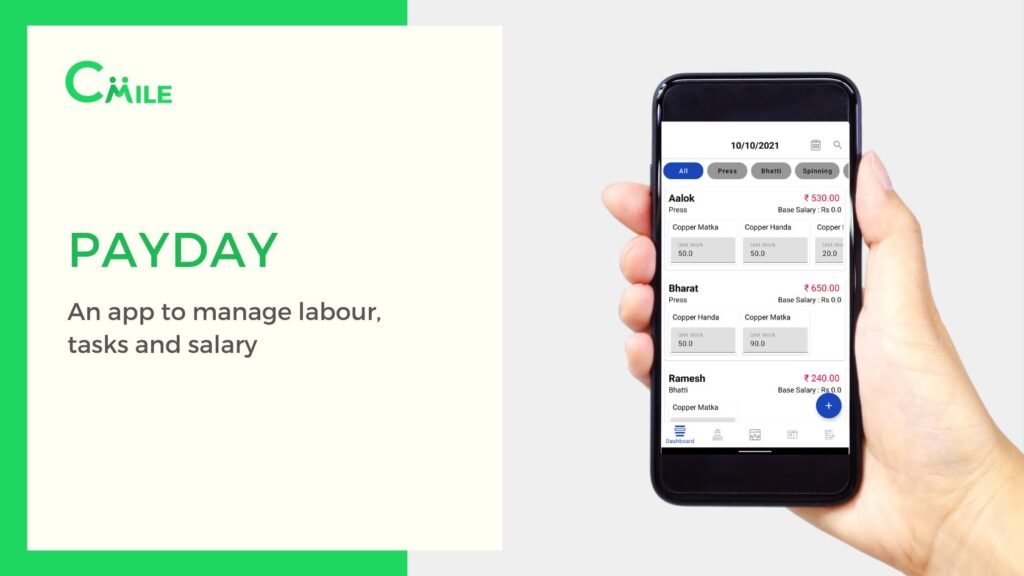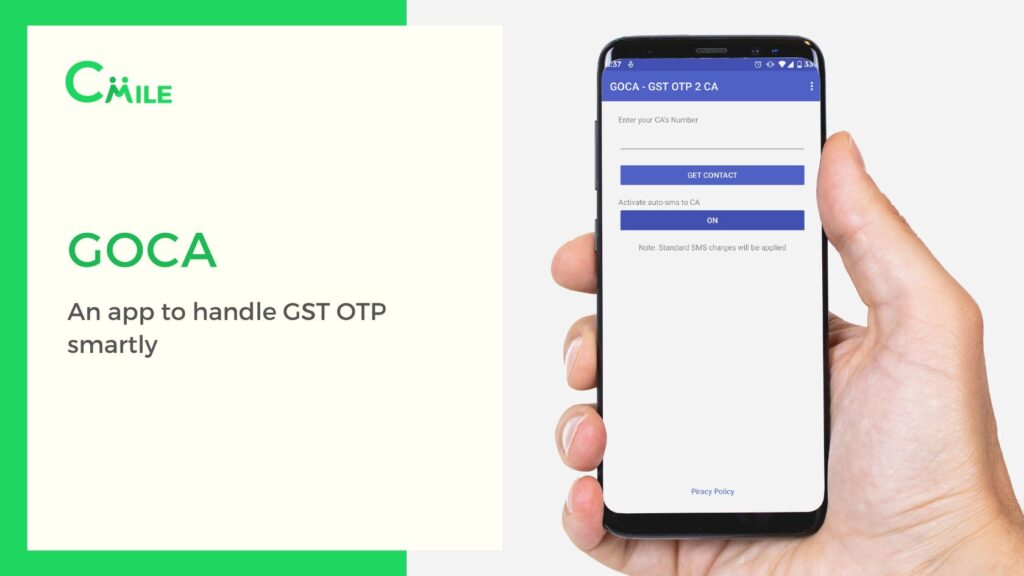Key Highlights:
- WhatsApp has updated its Privacy policy, allowing other Facebook-owned companies access to WhatsApp data. (Accept the policy on or before 8th February 2021 or your account will be deleted permanently, said WhatsApp).
- Sparked by concerns over user data privacy, people have turned to alternative messaging apps (Telegram and Signal) for increased security.
- The second most popular messaging app Telegram and a new entrant Signal (which has been endorsed by Elon Musk on Twitter) also offer some impressive security features.
Whatsapp currently is the largest messaging service in the world, with over 2 billion monthly active users. Following that, Telegram accounts for 400 million and Signal stands at a ballpark of approximately 10-20 million monthly active users. Simply looking at the raw figures would suggest that WhatsApp is the most popular and almost ubiquitous. While Telegram is catching up and Signal seems to have just joined the race. However, numbers do not often tell you the entire story; hence, we make a comprehensive comparison of the three apps’ security.
So let’s dive right into our messaging app giants. Let us start with WhatsApp. Whatsapp was developed in 2009 as a freeware platform. Facebook acquired it in 2014 with a purchase price of around $22 billion. It is one of the most popular messaging apps ever and one of the most used apps worldwide. On a technical level, they incorporate end-to-end encryption using the open-source signal protocol. This protocol is what Signal is using as well. However, WhatsApp saves your metadata. Metadata is a broad term used by companies which collect data from their customers. The problem with metadata is
- We exactly don’t know what they collect.
- Metadata is often enough used to track users in a specific event using correlation techniques.
Kurt Opsahl describes metadata like,
They know you rang a phone service at 2:24 a.m. and spoke for 18 minutes, but they don’t know what you talked about.
They know you called the suicide prevention hotline from the Golden Gate Bridge, but the call topic remains a secret.
They know you spoke with an HIV test service, then your doctor, then your health insurance company in the same hour but they don’t know what was discussed.
So metadata is very much crucial for WhatsApp. They might not know what you’re messaging or talking, but it’s not difficult for WhatsApp to put pieces together and figure out what you mean.
The other concern is Facebook, we all know that Facebook is one of the world’s largest data collectors, and they offer free services because they’re able to use your data for profit. Whatsapp is purely a free messaging app without ads, making people sceptic what’s in it for Facebook. There’s no evidence to accuse Facebook of doing anything wrong here. But it is important to ask questions to Facebook about why they would offer a secure and private messaging app for free.
WhatsApp requires a valid phone number to create an account and it takes away a large portion of the customers’ privacy with the service they provide, especially since they are collecting metadata on a more positive note. Though Whatsapp is heavily used worldwide, you’re going to have many people either already using it, willing to use it, or just want to get involved. WhatsApp probably has one of the best overall user experiences between the three services we’re comparing and other apps in the market. They are offering group chats with up to 256 people. Take that Apple! Read receipts, typing statuses, voice, video calls, document sharing, audio messages, etc. It can be used on almost every primary device including Linux although it’s not officially supported.
Also Read: How to Start a Mobile App Development Business with Limited Investment
Telegram
The next app, Telegram, is another famous messaging app with a slightly different feature set and target audience. Telegram was created in 2013 by Pavel Durov, and it has proved to be one of the most popular messaging services out there. On a technical level, they’re client applications, so the apps themselves are open source, but the server ends side of Telegram is closed source; meaning they use their own proprietary codebase to handle the user data and encryption which is kind of not a good thing. Additionally, encryption is not activated by default in chats.
If they are you’re forced not to back up your chat history which will discourage many people from enabling any form of encryption in the first place. They don’t even offer a transparency report and have similar privacy issues that Whatsapp collects your personal data and metadata. When it’s unneeded telegram also requires a phone number to set up an account that sucks, so both security and privacy suffer in Telegram. Even though they hype themselves up to be super private and secure on their own website.
They have an extensive feature set very similar to Whatsapp; you can send files, make calls, send stickers, have read receipts, and typing statuses. But where telegram separates itself from WhatsApp is with the addition of channels which allows one or more people to send out updates to a large group of followers, a feature similar to discord or Reddit. Overall the privacy and security on Telegram are remarkably weak compared to Whatsapp because of the closed proprietary codebase used by their backend servers. Features seem to match Whatsapp if not fall behind. So I would normally recommend Whatsapp over Telegram for person-to-person conversations. For groups, it could be your personal preference. You won’t be able to do anything like that over Whatsapp for channels, so that’s a particular advantage Telegram is having over Whatsapp.
Signal
The very last service we’re gonna take a look at today is Signal by open whisper systems. Signal actually has a very messy history. They are renamed once, they are shut down and reopened on numerous occasions. But it officially became titled signal in 2015. Signal uses open source clients and the open-source signal protocol for their encryption which is what Whatsapp uses. But where they differ is how they handle your personal information. Signal treats metadata with extreme care; their servers do not keep logs. Signal stores the last time each user connected to the Signal server only. Moreover, this has been reduced to the day, not the hour or minute.
In terms of privacy, Signal’s only issue is that they require a valid phone number to register just like the other two services. Many users are complaining about this, and people are hoping to see an email option available in the future to give a more private method of using Signal. Hence, when it comes to privacy and security, it’s Signal is unbreakable. It really is the king of the list if that’s your priority.
However, where Signal doesn’t fare as strongly is in the actual usability of the program. There are no typing statuses. They don’t offer that many features and settings. Sending files and images isn’t the most significant thing, and group chats are the most frustrating feature. They need to redesign the group chats because it’s not great. On the bright side, they offer both video and audio calls that utilise the same high-security protocols. It’s an effortless and uncluttered experience if that’s something you enjoy you can get it working on every operating system including Linux. For Android, you can have Signal be your default messenger managing your SMS text and Signal messages within the same app, which is incredible. It’s very similar to how Apple handles iMessage and SMS inside of iPhones.
Conclusion
To summarize each service’ pros and cons, Whatsapp has great security, average privacy, and great features and usability. Telegram has average security, average privacy and great features and usability. Lastly Signal has great security, great privacy and average features and usability.
Let me know which one is your favourite messenger in the comments below. Don’t forget to follow us and share the blog if you liked it. Thank you again.

Founder of Cmile. Expert in mobile app📱 & web🌍 development. Passionate about technologies💻. On mission🚀 to digitally solve people’s problems. Love to use emojis✌🏼

